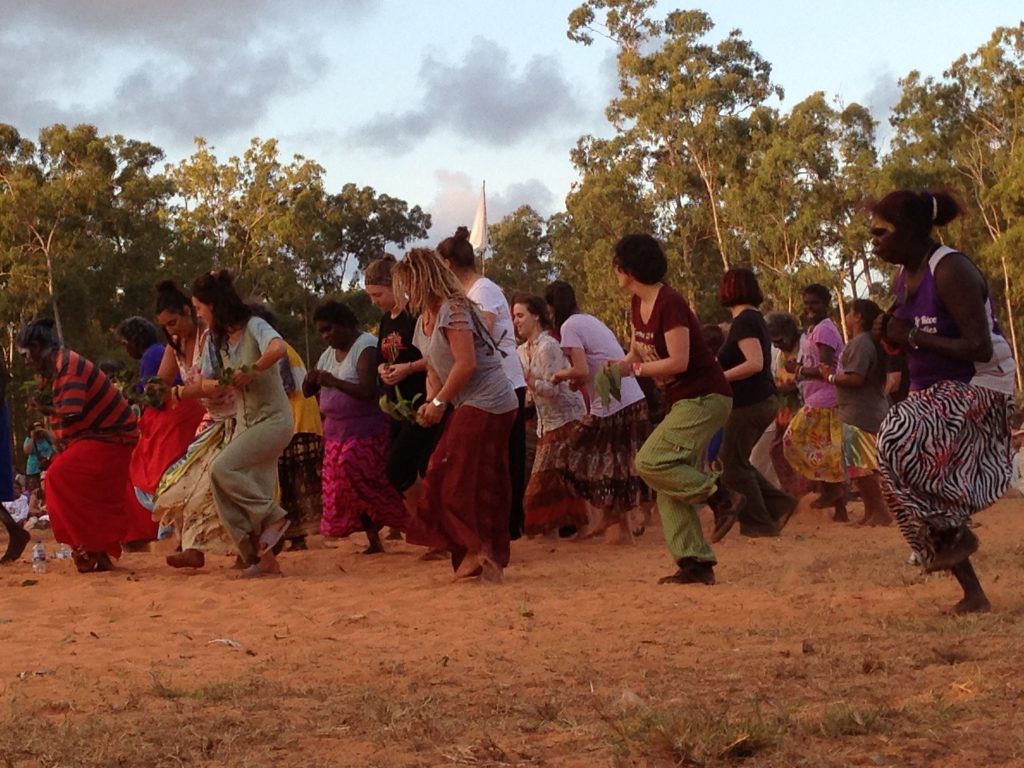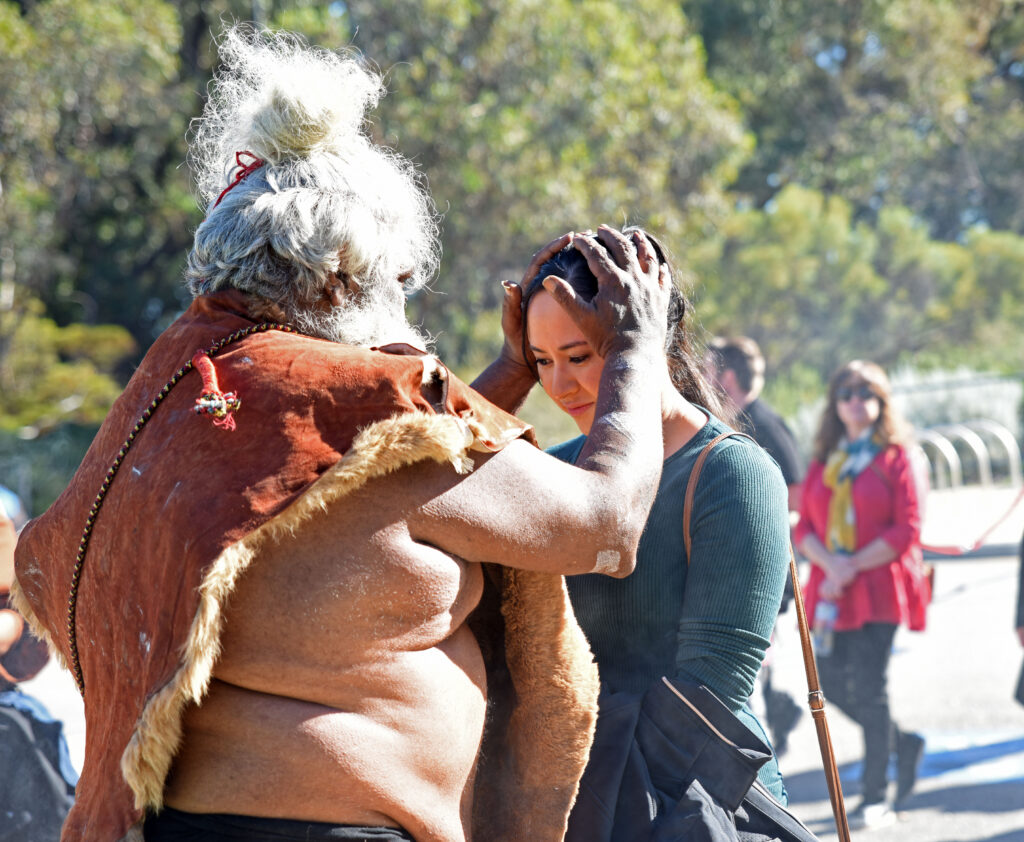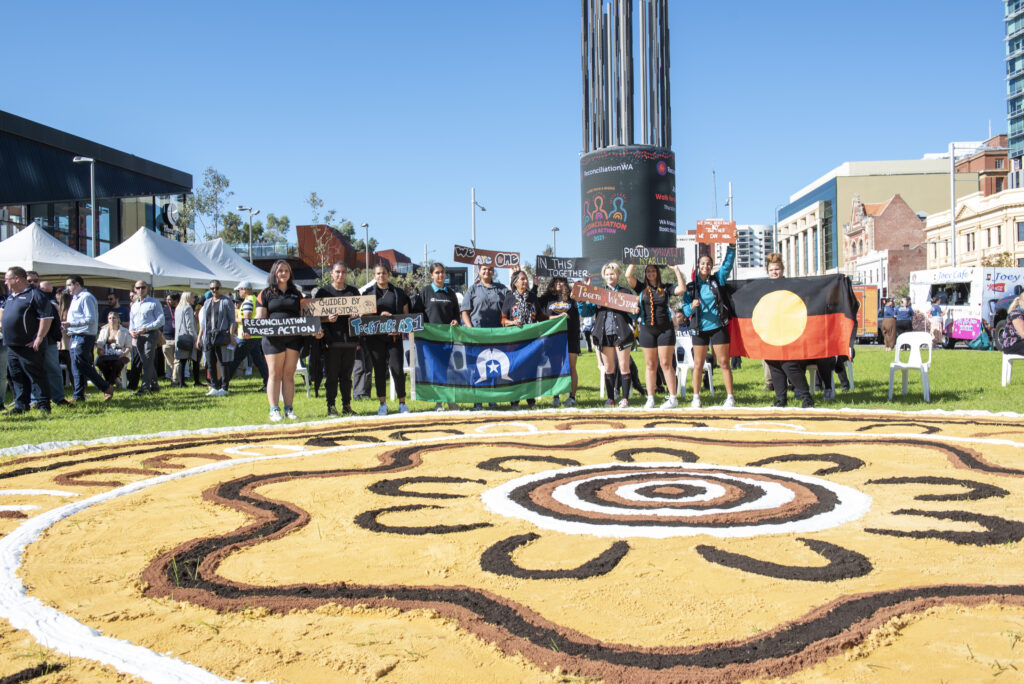
What is reconciliation?
Reconciliation is about strengthening relationships between Aboriginal and Torres Strait Islander peoples and the wider community, for the benefit of all Western Australians.
Reconciliation is an ongoing journey that reminds us that while generations of Australians have fought hard for meaningful change.
In a just, equitable and reconciled Australia, Aboriginal and Torres Strait Islander children will have the same life chances and choices as non-Aboriginal children, with the length and quality of educational, health and economic outcomes vastly improved.
The five dimensions of reconciliation
Our vision of reconciliation is based and measured on Reconciliation Australia's five dimensions: historical acceptance; race relations; equality and equity; institutional integrity and unity.
Reconciliation cannot be seen as a single issue or agenda. The five dimensions are interrelated and positive reconciliation outcomes must weave all of these threads together. For example, greater historical acceptance of the wrongs done to Aboriginal and Torres Strait Islander peoples can lead to improved race relations, which in turn leads to greater equality and equity.
Race Relations
All Australians understand and value Aboriginal and Torres Strait Islander and non-Aboriginal cultures, rights and experiences, which results in stronger relationships based on trust and respect and that are free of racism.
Equality and Equity
Aboriginal and Torres Strait Islander peoples participate equally in a range of life opportunities and the unique rights of Aboriginal and Torres Strait Islander peoples are recognised and upheld.
Institutional Integrity
The active support of reconciliation by the nation’s political, business and community structures.
Unity
An Australian society that values and recognises Aboriginal and Torres Strait Islander cultures and heritage as a proud part of a shared national identity.
Historical Acceptance
All Australians understand and accept the wrongs of the past and their impact on Aboriginal and Torres Strait Islander peoples.
Australia makes amends for past policies and practices and ensures these wrongs are never repeated.
State of Reconciliation Report
Reconciliation Australia’s 2021 State of Reconciliation in Australia report is a snapshot of where Australia is on its reconciliation journey, where we need to go, and how to get there.
The history of Australia’s reconciliation movement
Reconciliation movement formally begins
Reconciliation has a long history in Australia, but the process of reconciliation formally began in 1991 following the Report of the Royal Commission into Aboriginal Deaths in Custody. After the report’s release the government passed the Council for Aboriginal Reconciliation Act 1991, formally launching a process of national reconciliation and establishing the Council for Aboriginal Reconciliation. The Council’s vision was for a united Australia which respected Country; valued Aboriginal and Torres Strait Islander heritage; and provided justice and equity for all.
The forming of the council acknowledged the failure of government policy to recognise and address the unique cultural, social and economic needs of the Aboriginal Peoples of Australia. Most importantly, the beginning of the reconciliation movement was a formal acknowledgement that the movement required a transformation in the understanding and involvement of non-Aboriginal Australians.
Reconciliation Australia is formed
In 2000 the Council presented its final reports to the Australian people, acknowledging that a decade of formal reconciliation was nowhere near enough to address more than 200 years of colonialism and oppression; and that the majority of Australians agreed reconciliation was vital for Australia’s future and required a formal process.
As a result, Reconciliation Australia was formed in 2001 as the national body on reconciliation in Australia. Today, Reconciliation Australia continues to lead national reconciliation initiatives, including National Reconciliation Week, supported across Australia by the state reconciliation peak bodies which form the Australian Reconciliation Network.

